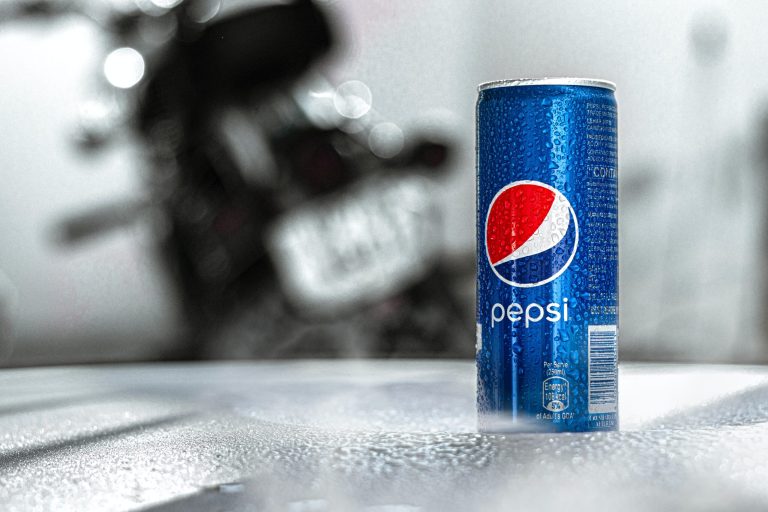Activist investor Elliott Management says PepsiCo’s (NASDAQ: PEP) North American beverage unit has underperformed Coca-Cola for years due to its vertically integrated bottling operations.
PepsiCo acquired its bottling business after the great financial crisis, a move that made its beverage supply chain more operationally intensive and less margin-efficient.
According to the activist hedge fund, PepsiCo stock is undervalued and ripe for transformation. At writing, it’s trading at roughly the same price at which it started this year (2025).
How divesting bottlers may help PepsiCo stock
Elliott’s central critique is that PEP’s vertically integrated bottling operations have weighed down its beverage margins and growth.
Unlike Coca-Cola, which refranchised its bottling network to independent operators, PepsiCo Inc. retained ownership – adding complexity and cost to its supply chain.
According to Elliott Management, divesting these bottling asset could unlock significant value for the company’s shareholders and bring its beverage margins closer to industry peers.
“Bottling operations are operationally intensive,” its report notes, “and have contributed to under-performance relative to Coca-Cola’s more streamlined system.”
Refranchising would allow PepsiCo to focus on brand-building and innovation while outsourcing the capital-heavy logistics to partners.
It’s a strategy that has worked exceptionally for Coca-Cola – and Elliott believes PEP stock could benefit from a similar pivot.
Is PEP open to divesting bottling operations?
In a recent interview with CNBC, Ramon Laguarta, the chief executive of PepsiCo, did not commit to divesting bottlers but acknowledged the issue, saying “we’ll be open to any ideas.”
According to him, the US market requires a “nuanced solution,” adding that PEP’s portfolio strategy is evolving and that refranchising could be part of the mix in certain regions.
Laguarta agreed with the activist investor’s broader thesis that PepsiCo shares are undervalued – saying “we’ve had a couple of constructive conversations with Elliott Management.”
Many of its proposals – including optimising supply chains, enhancing capital allocation, and focusing on high-growth categories – align with the company’s 2030 strategic roadmap, he added.
If executed well, these initiatives could boost operating efficiency and reignite investor confidence in the beverage giant.
Should you buy PEP shares at current levels?
PepsiCo stock is inching higher today after the Nasdaq-listed company posted better-than-expected earnings for its fiscal third quarter – driven largely by strength in its Frito-Lay and Quaker Foods division.
While beverage volumes remained soft, pricing helped offset some of the weakness.
That made former hedge fund manager Jim Cramer express confidence in PEP’s management, especially due to its commitment to colour-free and dye-free snacks.
“He’s (Laguarta) got to get his ship going – and he will,” he said on CNBC.
Wall Street, however, doesn’t share Cramer’s optimism on PepsiCo shares.
The consensus rating on the beverage stock currently sits at “hold” only, with the mean target of about $154 no longer indicating any meaningful upside from here.
That said, PEP shares currently pay a healthy dividend yield of 3.81%, which makes it attractive for income-focused investors.
The post PepsiCo stock: major reason its beverage unit has trailed Coca-Cola for years appeared first on Invezz

